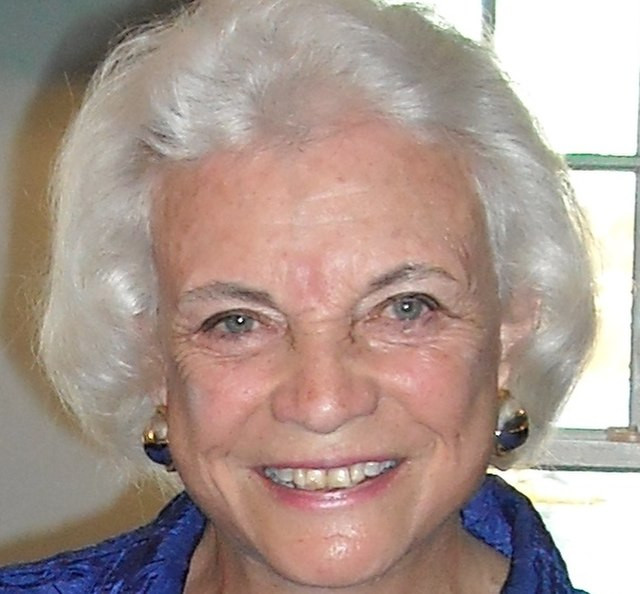Sandra Day O'Connor, a trailblazer as the first female Supreme Court justice, passed away at the age of 93 due to complications from dementia and respiratory illness. Her death marks the end of an era in which she significantly influenced the highest court of the United States.
Appointed by President Ronald Reagan in 1981, O'Connor quickly became a key figure in the Supreme Court, known for her pragmatic approach to law and her pivotal role as a swing vote in numerous landmark cases. She was recognized for her balanced judgments in cases ranging from abortion rights to affirmative action, and her decisions often reflected a blend of conservative and liberal views.
O'Connor's tenure on the bench was marked by her contributions to cases such as upholding the use of vouchers for religious schools and affirming the creation of majority African-American congressional districts. She also played a critical role in the controversial Bush v. Gore decision, which she later expressed regret about, stating that the Court perhaps should have abstained from involving itself in the Florida recount.
Chief Justice John Roberts paid tribute to O'Connor, saying, "We mourn the loss of a beloved colleague, a fiercely independent defender of the rule of law, and an eloquent advocate for civics education."
Before joining the Supreme Court, O'Connor's legal career was marked by several firsts. She was the first woman to become a state senate majority leader in the country and later served as a judge on the Maricopa County Superior Court. Her appointment to the Supreme Court was unanimously confirmed by the Senate, reflecting the broad support she enjoyed.
Despite facing various challenges, including a battle with breast cancer, O'Connor remained committed to her judicial responsibilities. She was known for her tenacity and her dedication to the rule of law. Post-retirement, she focused on advocating for judicial independence and civics education, launching the iCivics website to educate children about the political process.
O'Connor's legacy extends beyond her judicial rulings. She paved the way for other women to join the Supreme Court, inspiring figures like Ruth Bader Ginsburg and Sonia Sotomayor. Her impact was aptly summarized by President Barack Obama during the Presidential Medal of Freedom ceremony, "She made a mighty fine justice of the United States Supreme Court."
As the nation mourns the loss of Sandra Day O'Connor, her contributions to the American judiciary and her role in shaping key legal precedents will continue to be remembered and celebrated.




